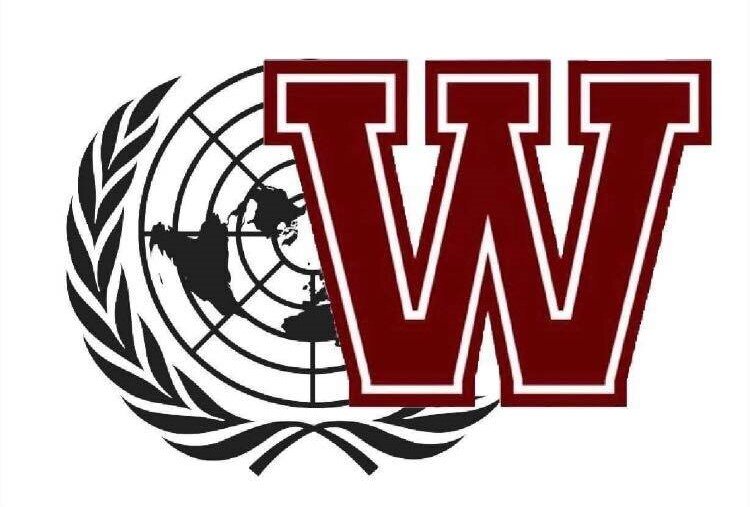JCC: The Troubles, Northern Ireland
APPROXIMATE COMMITTEE SIZE: 20 each side
A JCC, or Joint Crisis Committee, is a special type of Crisis consisting of two or more individual Crisis Committees, where decisions in one committee directly affect the other. Delegates will not only have to worry about their committee but also keep the opposite room in mind. The existence of an opposing committee opens up new opportunities for secret plots, secret communications, and, most of all, backstabbing betrayals.
As the late 20th century unfolds, Ireland stands on the brink of chaos. Left out of the Anglo-Irish Treaty due to its large English-Protestant population, the six counties of Northern Ireland have remained part of the United Kingdom since the end of the Irish War of Independence. However, anger over systemic discrimination against Irish Catholics by the British government has reignited a decades-old conflict over the region’s future. A violent struggle has erupted between Nationalists and Republicans, who strive for a united Ireland, and Unionists and Loyalists, who seek to preserve Northern Ireland’s place within the United Kingdom.
The Irish side itself is divided. Republicans support armed insurrection against British rule, while Nationalists advocate for achieving unification through peaceful, political means. One of the central points of contention is the role of the Provisional Irish Republican Army (IRA), which has carried out numerous attacks against British forces and their allies—some resulting in civilian casualties.
The Loyalist side faces its own divisions. Many criticize the British government’s handling of the crisis: some believe its response has been excessively heavy-handed, while others argue that it has not gone far enough in combating terrorism. These tensions have led to the emergence of various extrajudicial Loyalist paramilitary organizations fighting alongside the British military, each with its own vision of how to defend the Union.
In this committee. Delegates must navigate a volatile mix of ideology, identity, and power. Will they find a path toward negotiation and reconciliation, laying the groundwork for lasting peace in Northern Ireland? Or will their decisions deepen the divisions that have scarred the island for generations?













